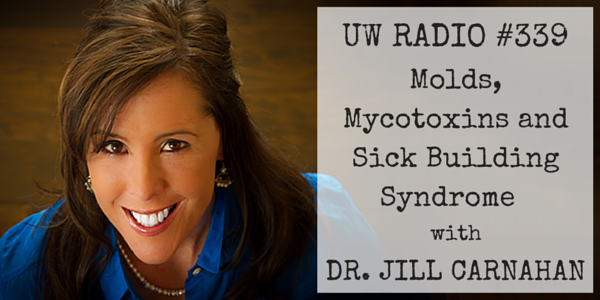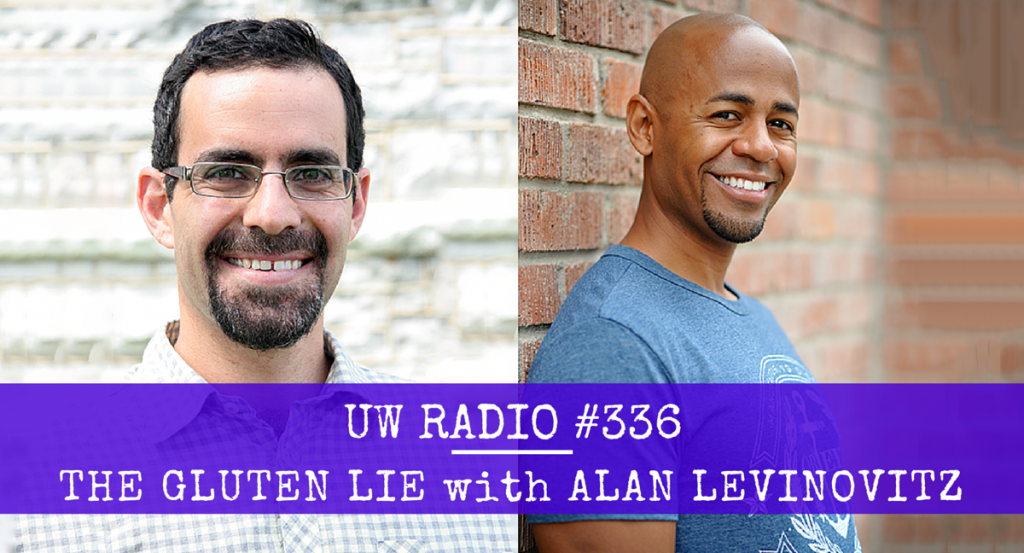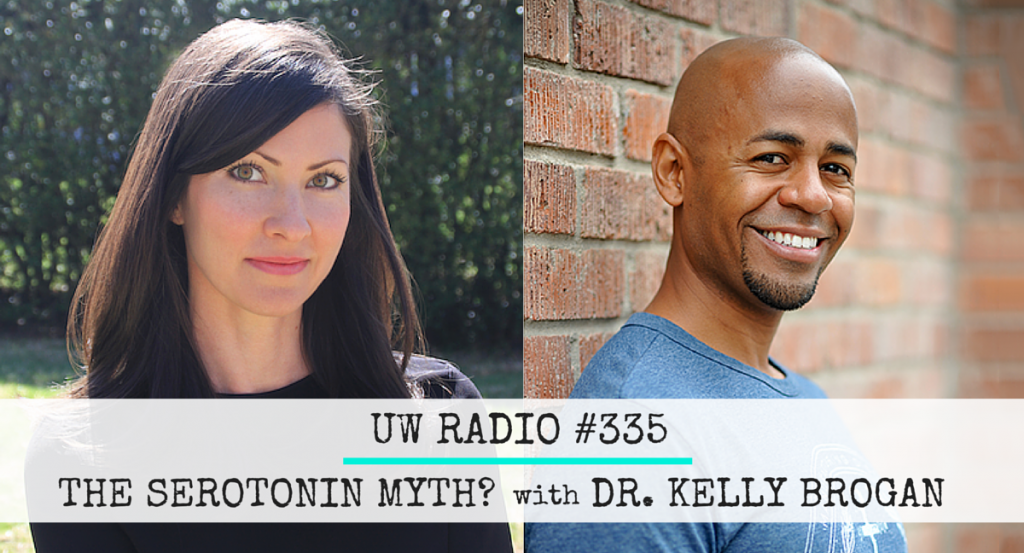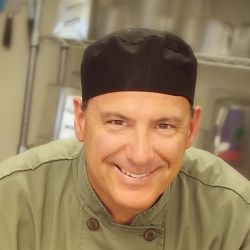Podcast #339:
Molds, Mycotoxins, and Sick Building Syndrome

Guest: Dr. Jill Carnahan
Today’s interview is a real eye-opener.
But before we get to our topic and special guest, I’ve got some very important news about the podcast.
We’re moving!
Starting next week, new episodes of Underground Wellness Radio will no longer be posted to BlogTalk Radio (BTR).
The BTR site will host our older episodes (through #296) and will be renamed UW Radio: The Archives.
All new episodes will be available on iTunes, Stitcher, and here on the Underground Wellness website.
If you are currently a subscriber on iTunes, you will need to subscribe to the new feed next week in order to resume your subscription. I’ll send you more details as soon as I have them.
On today’s episode, Dr. Jill Carnahan and I discuss molds, mycotoxins, and sick building syndrome.
Did you know that the mycotoxins from hidden molds in homes and office buildings can be the root cause of asthma, allergies, fatigue, headaches, neurological conditions, and more?












